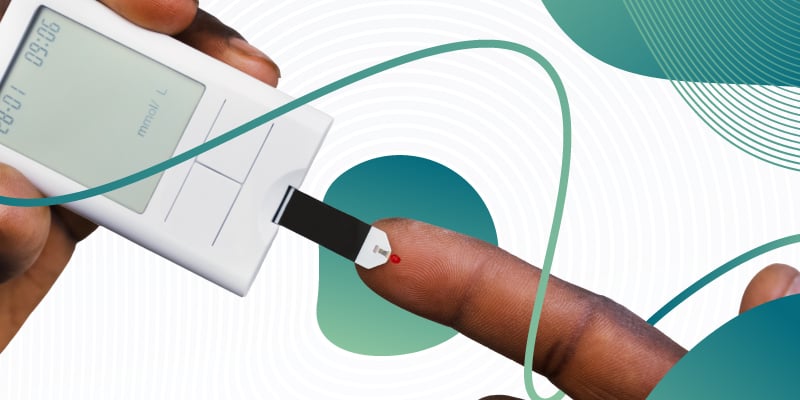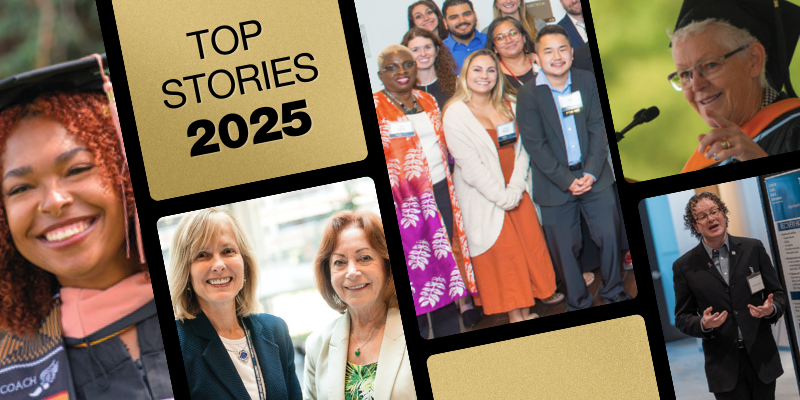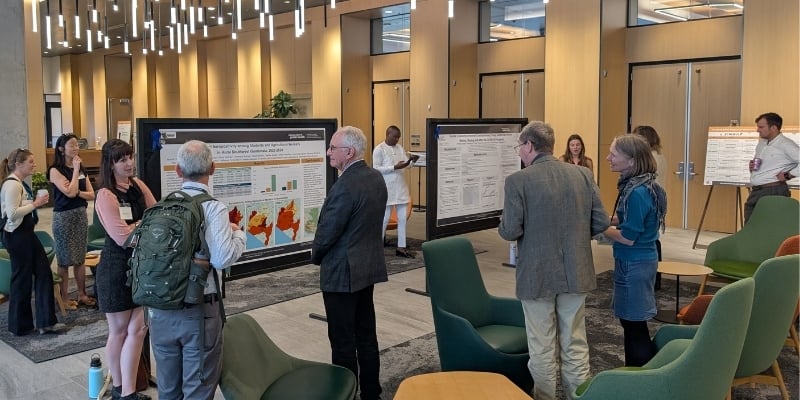When Glen Mays came to the Colorado School of Public Health in 2019 to chair the Department of Health Systems, Management and Policy, he brought an entire research program with him. Five years ago, while at the University of Kentucky, Mays created Systems for Action, a signature research program of the Robert Wood Johnson Foundation. Mays and the Systems for Action team, now housed on the University of Colorado Anschutz Medical Campus, conduct extensive research and also select and administer research grants to a handful of external organizations each year.
Systems for Action was born out of a previous RWJF program, the Center for Public Health Systems and Services Research, also run by Mays. Around 2015, the foundation adopted a mission to develop a “Culture of Health” in the United States through grant funding that aims to change mindsets, expectations, policies and systems that affect health and well-being. RWJF supports organizations and programs that encourage the American public to be more focused on health, policy makers to think more carefully about the decisions they make, and the private sector to more strongly value health and well-being by using resources to strengthen the integration of health services and systems.
This integration is Systems for Action’s domain. “There’s limited progress we can make with improving health status just by focusing on delivering healthcare. So much of what drives health and well-being lies outside of that space,” Mays said. Issues like food and housing insecurity, poverty, violence and neglect all relate to health outcomes, both as risk factors for disease and barriers to treatment. Systems for Action takes a look at the root causes of poor health that can be improved by aligning systems that have traditionally lived in different sectors—systems like medical care, public health, and social services.
As part of this mission, the Systems for Action team conducts research how cross-sector community networks develop and evolve. They’ve been collecting data on 600 communities around the United States for more than 20 years, to see what kinds of organizations are involved in these networks, the activities they undertake, and how the structure and function of the networks change over time. They use that data to study the causes and consequences of change, particularly the health and economic consequences.
In addition to carrying out their own research, the Systems for Action team also administers grants to external partners on behalf of the Robert Wood Johnson Foundation. They work with a national advisory committee to develop a research agenda and solicit grant applications that support that agenda; this year’s funding program addresses the challenges of integrating financing systems and sharing resources across sectors. The program awards up to four grants of $500,000 distributed over three years in April. After the grants are awarded each year, Systems for Action continues to work closely with the research teams to help them implement their studies and navigate any issues that come up. They also facilitate sharing methods and results through workshops, conferences, and a research webinar series.
2020 Systems for Action Grantees
This year’s grants focused on finding mechanisms for financing collaborative work across medical and social systems. The four projects that were funded are a snapshot of the type of cross-sector work that Systems for Action promotes.
- A study from the University of Connecticut will test how a transit system can improve substance abuse treatment outcomes and reduce treatment providers’ costs.
- Washington University in St. Louis will combine services and funding streams from multiple sectors to assist families with children who are referred to child protective services in an effort to reduce the impact of adverse childhood experiences (ACEs).
- At the University of Vermont, researchers will study the effectiveness of a global all-payer payment model, a way of funding health care that assures providers receive a set amount of money instead of fee-for-service reimbursement, in combination with community health teams.
- ColoradoSPH Assistant Professor Gregory Tung and Professional Research Assistant Venice Williams will test the effectiveness of expanding financing and delivery strategies to extend the reach and impact of the Nurse-Family Partnership program across the U.S.
Student Learning
The presence of Systems for Action at ColoradoSPH provides opportunities for students to be a part of both the research and the findings. The data collection and analysis that Systems for Action does in-house is primarily done by doctoral students. Even if they’re not involved in the research aspect, MPH students often end up in jobs that require forging connections and collaborations across sectors, and they get immediate access to the evidence that will help them do that most effectively. The program also has a network of grantees and local partners that students can connect with for practicum experiences and employment.
Those local partners are also feeling the benefits of having Systems for Action in the community. The program collaborates with UCHealth, Denver Health, Kaiser Permanente, and state and local health agencies, among others. Several of these organizations submitted grant applications for the most recent funding cycle, and their ideas inspire the program’s own work. Collaborators have access to cutting-edge evidence that they can use to address the barriers to health facing their communities. In turn, they provide Systems for Action with test implementation sites and the opportunity to translate research directly into practice.
So far, the Systems for Action move has been a win for everyone. “Colorado is a great place to operate the headquarters of a national program like this,” Mays said. “There are a lot of local receptor sites that are in a position to adopt and use evidence, and we can take advantage of all the local ideas and support them.”






